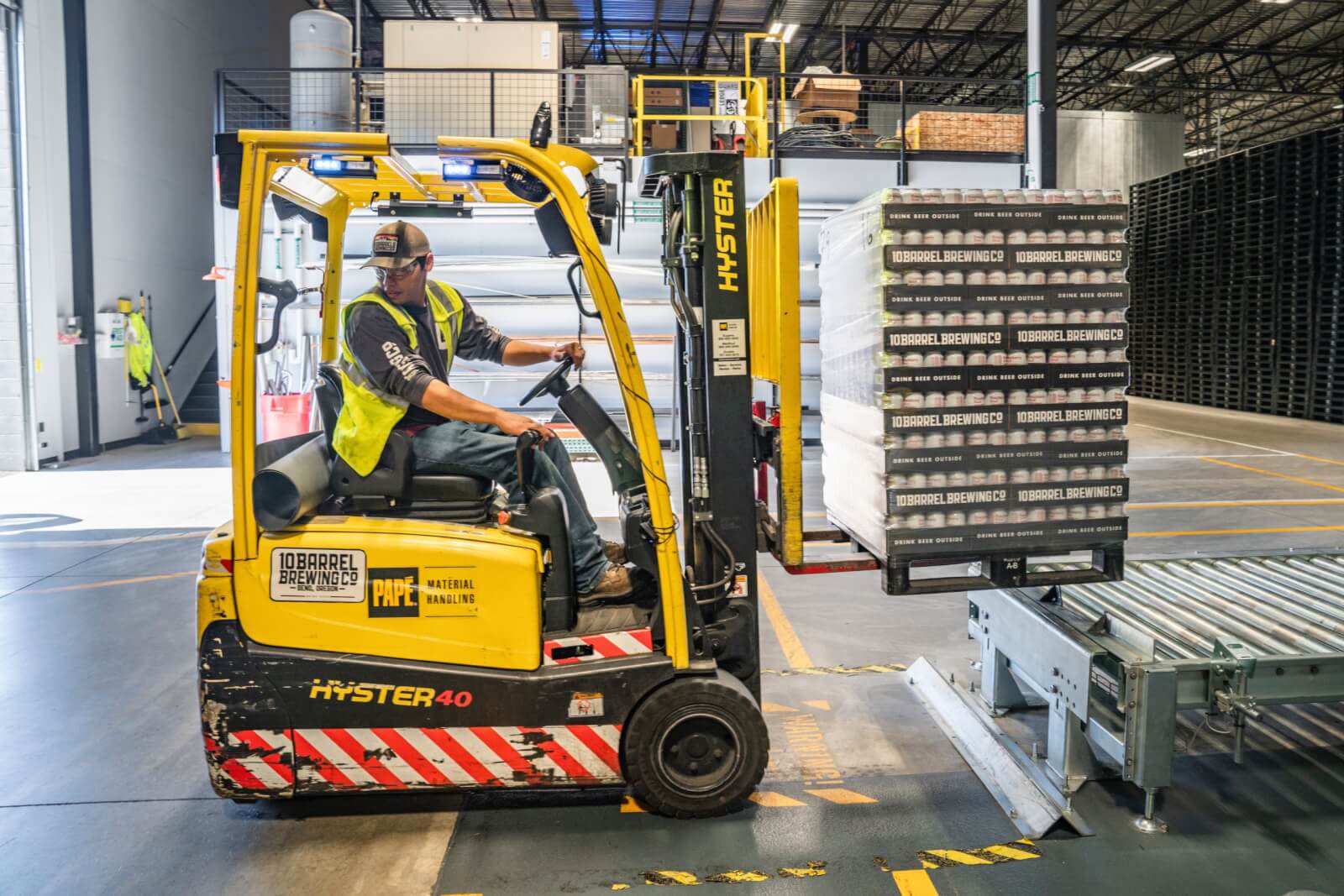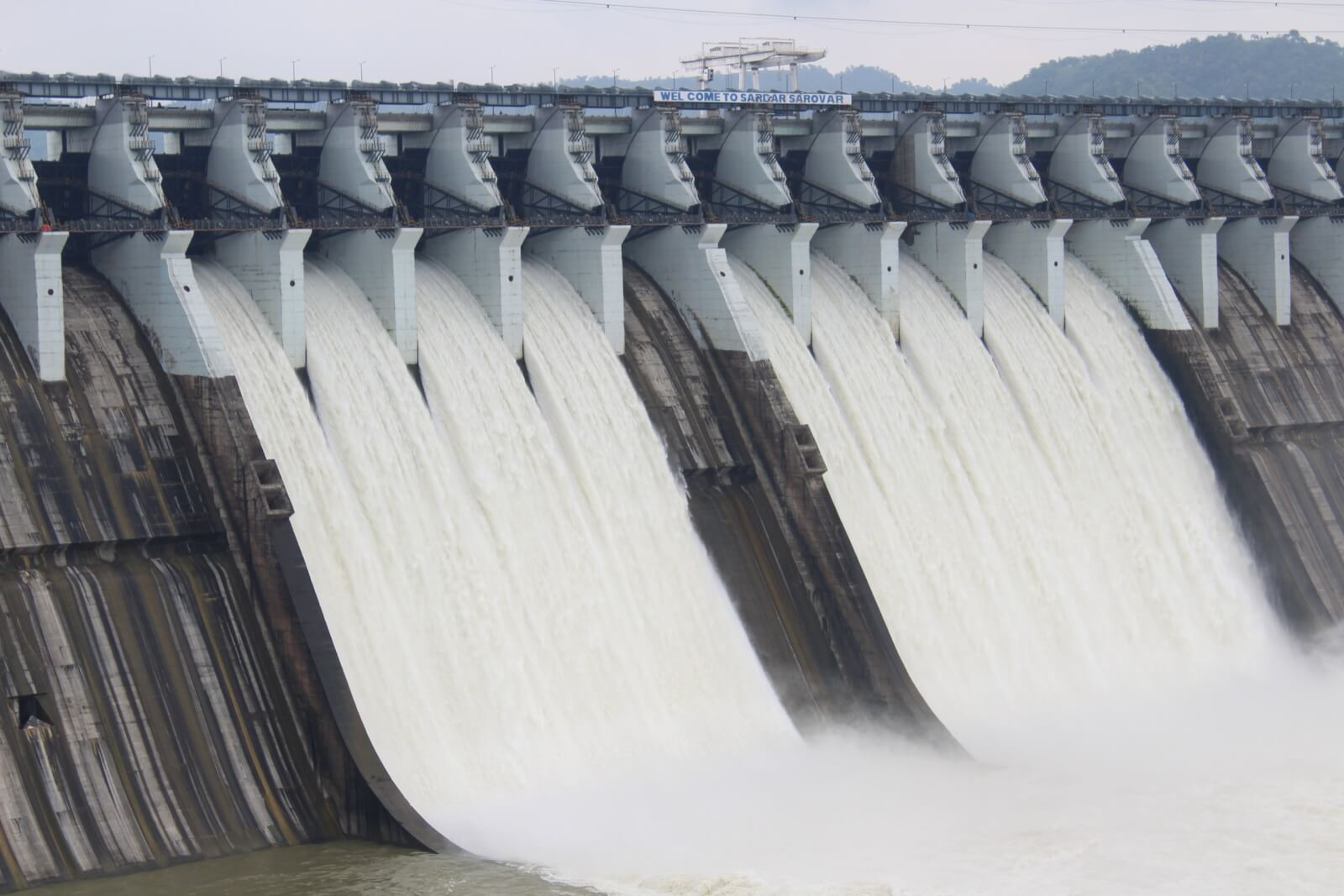
The Internet of Things (IoT) is transforming how industrial companies operate. Through innovation and process optimization, IoT development is bringing new opportunities to both enterprises and startups.
Let’s take a look at how Industrial IoT (IIoT) is affecting a few key industries already.
Context Is Crucial
By 2030, Accenture estimates that IIoT could add $14.2 trillion to the global economy. It’s an astounding figure, but no surprise when considering that IIoT is a major driving force of Industry 4.0; it’s making many technologies accessible to all sizes of business.
But like any other technological field, context and insight are imperative to making the right decisions for your company. Whether you’re integrating smart sensors into your supply chain or introducing advanced analytics into your workflows, your choices make a big difference in terms of quality and cost of these applications.
It’s necessary for each industry to identify the technological gaps that paradigms like IIoT can solve efficiently and effectively. Currently, most IIoT breakthroughs and inventions are generalized; they have to be tailored to fit specific use cases. And only industry experts can accurately recognize the most substantial issues that need to be solved.
Here are some ways different sectors are leveraging the best of IIoT’s abilities.
Improving Water Conservation Efforts
According to predictions from the UN, roughly 1.8 billion people will live in areas of “absolute water scarcity” by 2025. Because of a lack of adequate drinking water and unsanitary hazards, market opportunities in the water sector are anticipated to reach $1 trillion in value by the same year.

Until now, most conventional water preservation efforts have been too costly to be both viable and scalable. But with IoT, we not only have detailed insight into the data behind our water resources—we also have more precise control. IoT allows everyone to benefit from smart water meters, detectors, and new irrigation methods.
In turn, this yields a more efficient way to manage our water systems, which drives down the cost of water supply management overall. IoT has enabled urban areas and the agriculture sector to embrace water conservation efforts in a way that benefits all parties involved.
Solving the Biggest Obstacles in Oil and Gas
The oil and gas industry faces a plethora of seemingly insurmountable problems. Leakages and spills have plagued the sector for many years. And many organizations in this industry are having trouble minimizing the costs of production.
IoT has long been seen as one of the most promising ways to reduce spill instances. But developing an integrated IoT strategy could also help these companies boost their profits. With IoT embedded sensors, oil production can be captured and analyzed in real time. From there, this automation of data insights can facilitate better decision-making down the line.
Each decision can easily compound into millions of dollars saved. IIoT has the potential to increase oil and gas company revenues by an average of $217 million by 2023.
Transforming Transportation
A large portion of IoT’s exponential growth over the last few years can be attributed to the auto industry, and the effects are easy to see. IoT has demonstrated immense potential for reducing pollution, improving asset tracking, and managing traffic.
Integrating IoT sensors into our transit systems and vehicles gives us real-time data about drivers and routes. In turn, this lets us alert other drivers of possible dangers, delays, and other events well ahead of time.
IoT is even transforming how vehicles in crowded urban areas park. With capabilities to inform drivers where parking is available, IoT can cut down both time and costs for parking facilities and patrons.
One of IoT’s greatest strengths is connecting devices to provide holistic insights from real-time data. It was obvious that this could greatly benefit transportation, but it just wasn’t viable a decade ago. Today, while we’re just getting started, IoT has already opened up a number of possibilities to improve how we get around.
Real-Time Monitoring in Mining
Access to real-time data is crucial for mining operations. Similar to the previous use cases, IoT’s versatile sensors and advanced analytics are disrupting the mining industry for the better.

Previously, challenges like landslides and equipment failure could cause huge hiccups in project timelines. But with IIoT, mining teams have a more accurate understanding of any situation in real time. This allows them to adapt to unforeseen events faster than ever before.
Besides dealing with these dilemmas, IoT has enabled mining companies to eliminate waste at virtually every step in their processes. This has fostered a number of benefits, including improved safety protocols, reduced costs, greater productivity, and better decision-making.
This shift from a reactive to proactive perspective has caught the eyes of all players in the mining industry. Approximately 40 percent of mining companies are planning to implement IoT in the next 18 months.
A More Efficient Future
IoT is longer a niche topic only discussed by San Francisco developers. Industrial businesses are now fully aware of the benefits that IIoT brings. That’s why companies around the world are racing to leverage the technology for significant improvements to safety, operations, and profits.
But we’re really just at the beginning of this transformation. Over the next decade, billions of dollars will be poured into IoT initiatives, unlocking unprecedented value. While IIoT can be boiled down to sensors, networks, and data, it turns into so much more for each industry once applied to their specific problems.
Which industry is in dire need of IoT implementation and innovation? Let us know your thoughts in the comments!





